News

Sequencing the Spruce Weevil Genome
Why sequence a weevil? Understanding the insect’s genome could help control one of the most disruptive conifer pests in North America.

New animation makes cancer genomics understandable for everyone
A new animated video that explains cancer genomics in simple language and relatable graphics is useful for many audiences including patients that may want to participate in the program, researchers and practitioners working in the field and those helping to educate others on the topic.
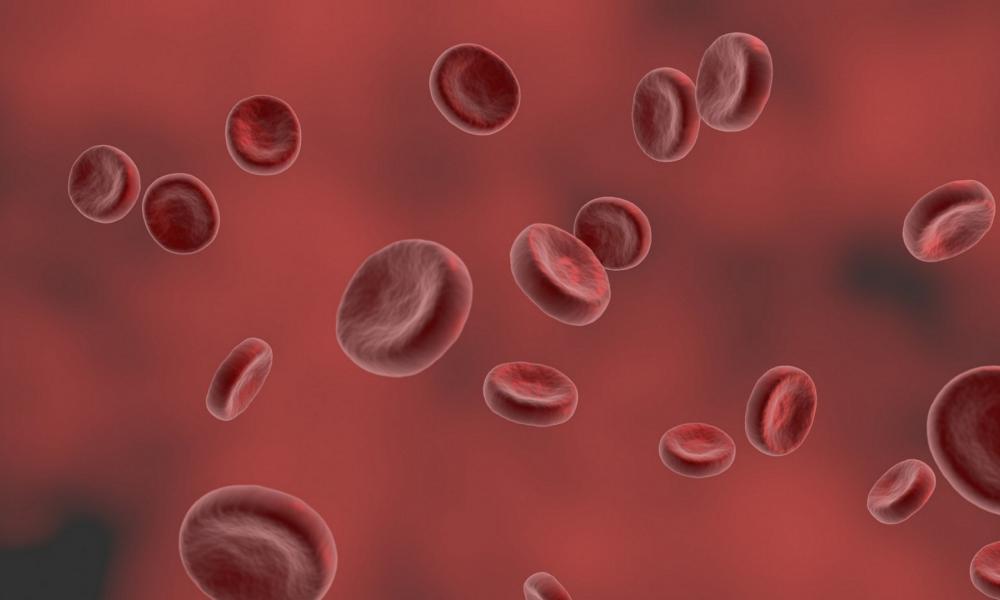
New role for TIRAP protein in the bone marrow microenvironment and preleukemic syndromes
Researchers from the Karsan Lab at the GSC implicate immune-related proteins TIRAP, IFNγ, and Hmgb1 in preleukemic syndrome development and elucidate protein interplay.

Attentive deep learning model, AMPlify, discovers new antimicrobial peptides (AMPs) from sequencing data
The GSC’s Dr. Inanç Birol Lab publishes AMPlify, an attentive deep learning model that helps predict new, putative antimicrobial peptides (AMPs).
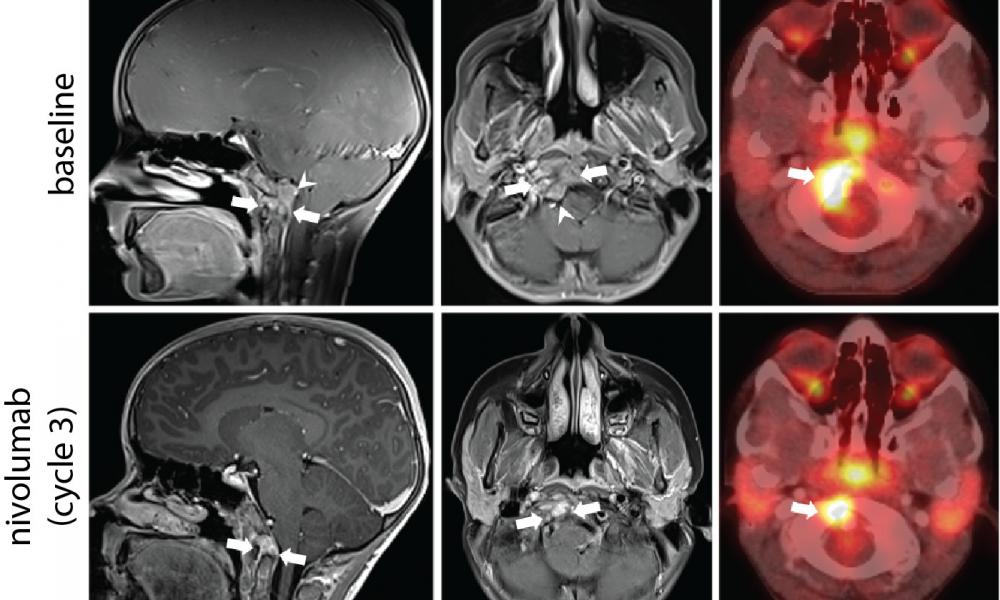
Treatment of pediatric chordoma with an immune checkpoint inhibitor slows tumour growth
A POG case report suggests there’s a molecular subset of immunologically hot, INI1-deficient pediatric chordomas and rhabdoid tumours with implications for immune checkpoint inhibitor therapy.
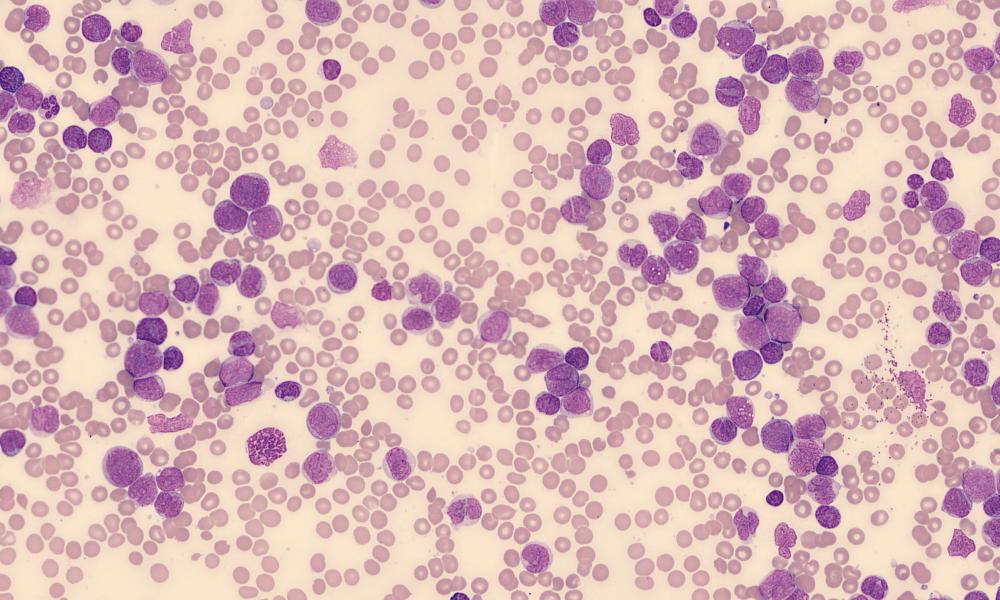
Major scientific and clinical milestones in differentiation therapy for myeloid malignancies
A review of differentiation therapy for myeloid malignancies identifies novel targets for the development of high efficacy drugs with reduced toxicity.
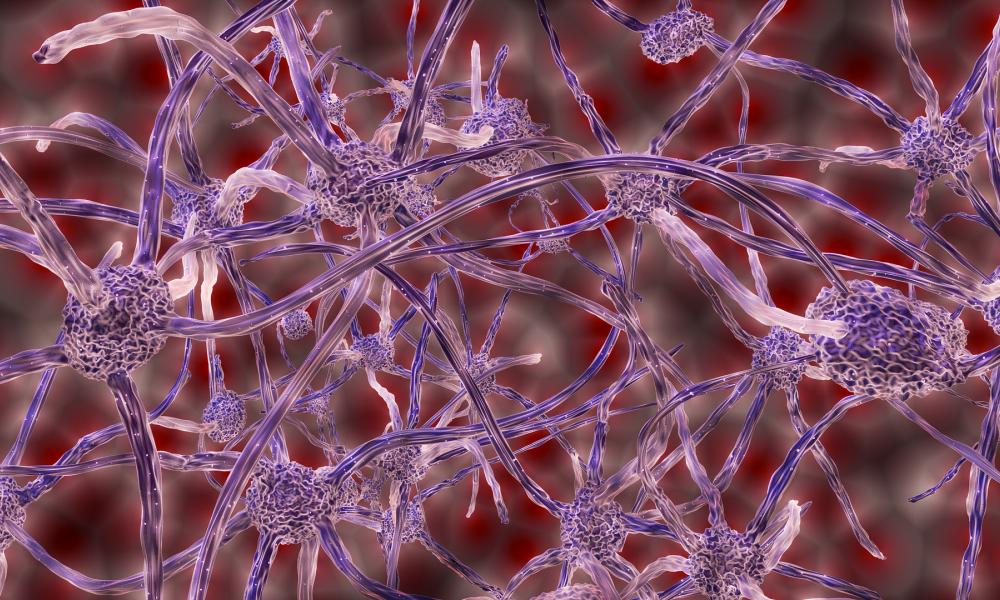
Characterizing transcriptional repressor protein Capicua (CIC) function using a multi-omics approach
Researchers from the lab of Dr. Marco Marra, Director and Distinguished Scientist of the GSC, assess the function of a transcriptional repressor protein using gene knockout.
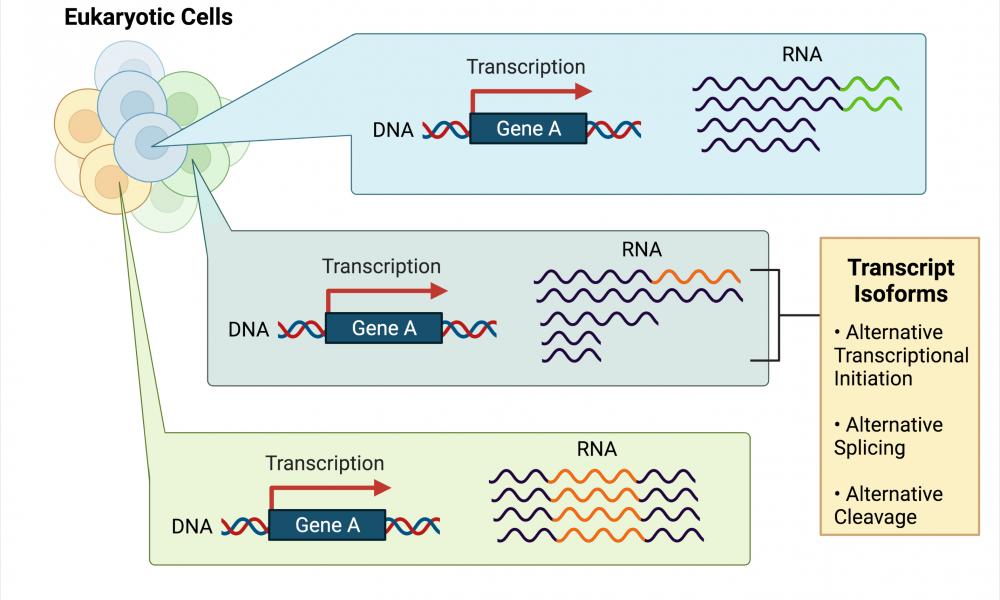
RNA-Scoop: visualizing transcripts from single-cell transcriptomes
The GSC’s Dr. Inanç Birol Lab publishes RNA-Scoop, an interactive tool that allows users to visualize differential transcript expression from single-cell transcriptome datasets.

Stopping the cycle: combination therapy reduces growth of androgen-receptor positive breast and prostate cancers
Treating androgen receptor (AR)-positive prostate and breast cancer with two drugs that block AR and cyclin-dependent kinase activity slows proliferation of cancer cells.